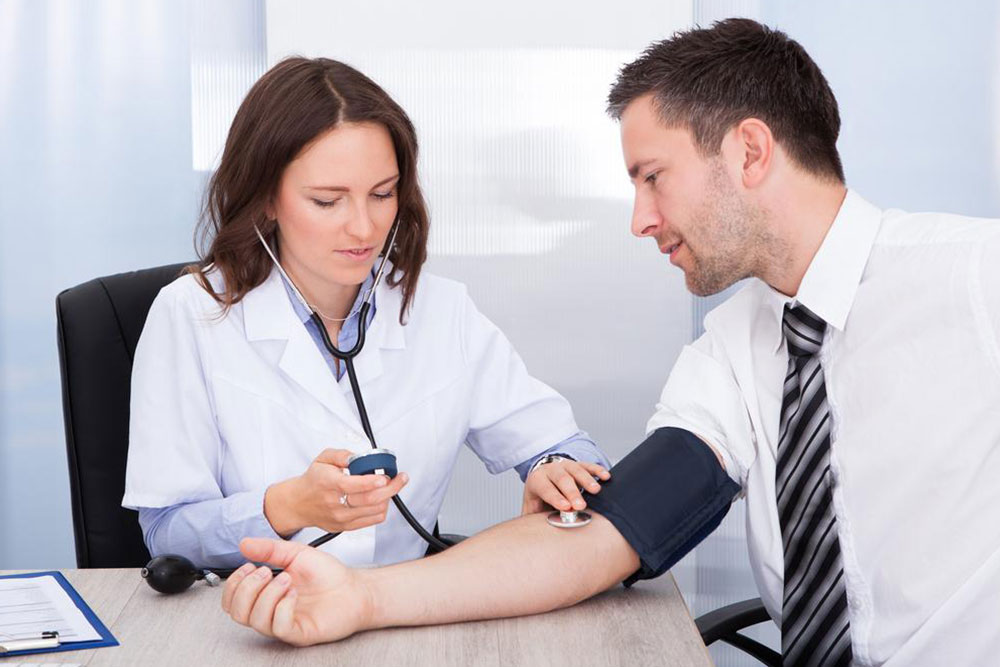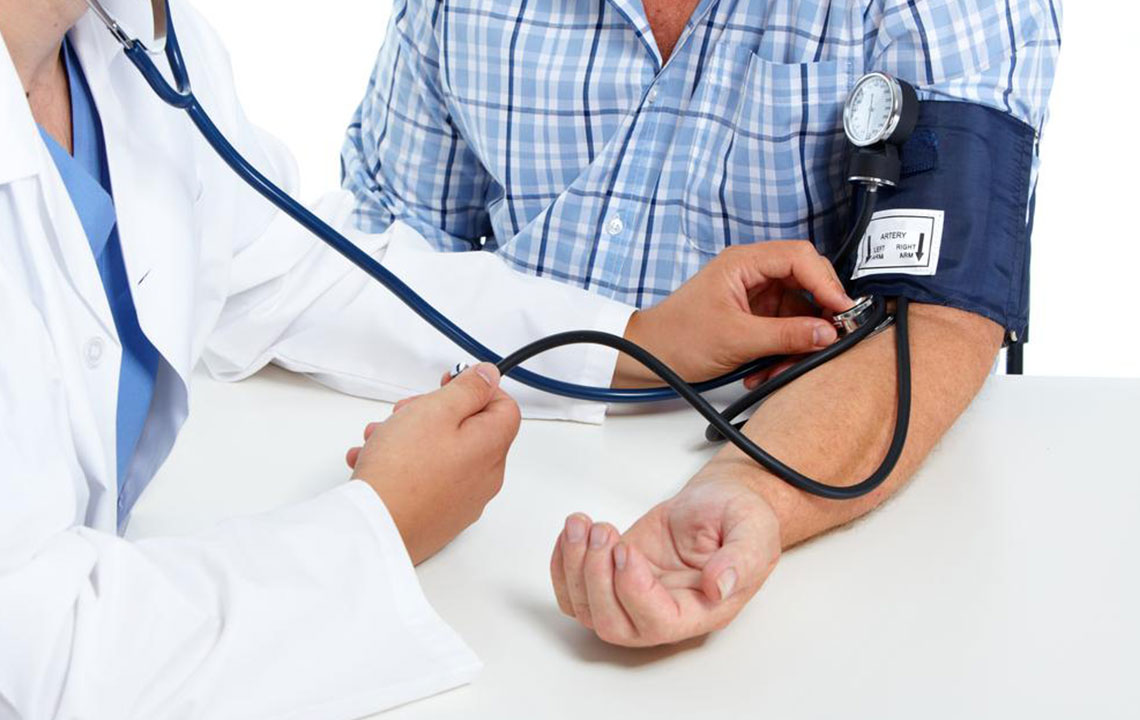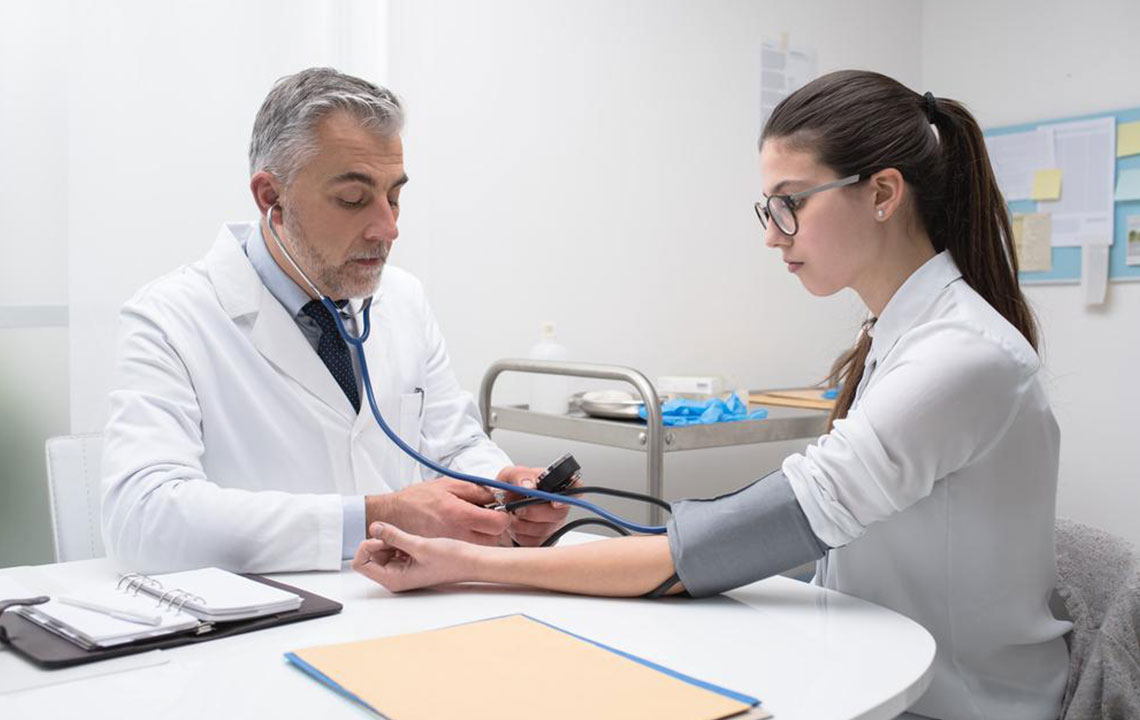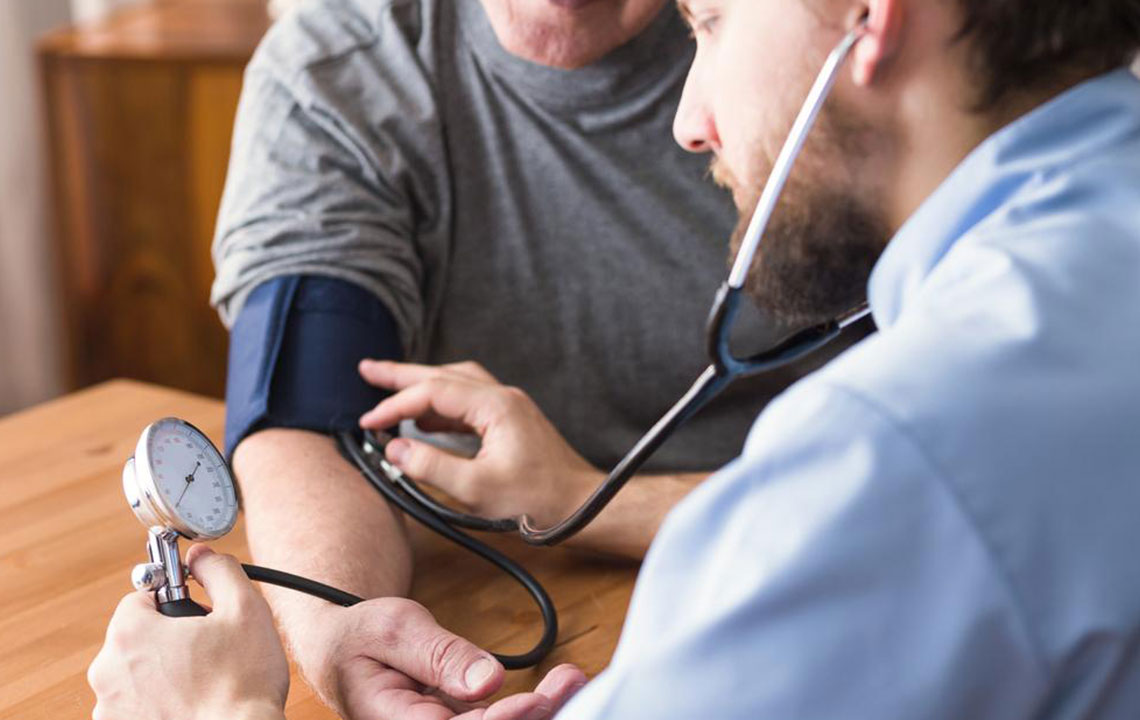Recognizing Early Symptoms of High Blood Pressure
Hypertension often shows no obvious symptoms early on but can lead to serious health issues if untreated. Regular blood pressure monitoring is vital, especially for those with family history or risk factors. Recognize signs like headaches, irregular heartbeat, and vision problems to seek timely medical help and prevent complications.
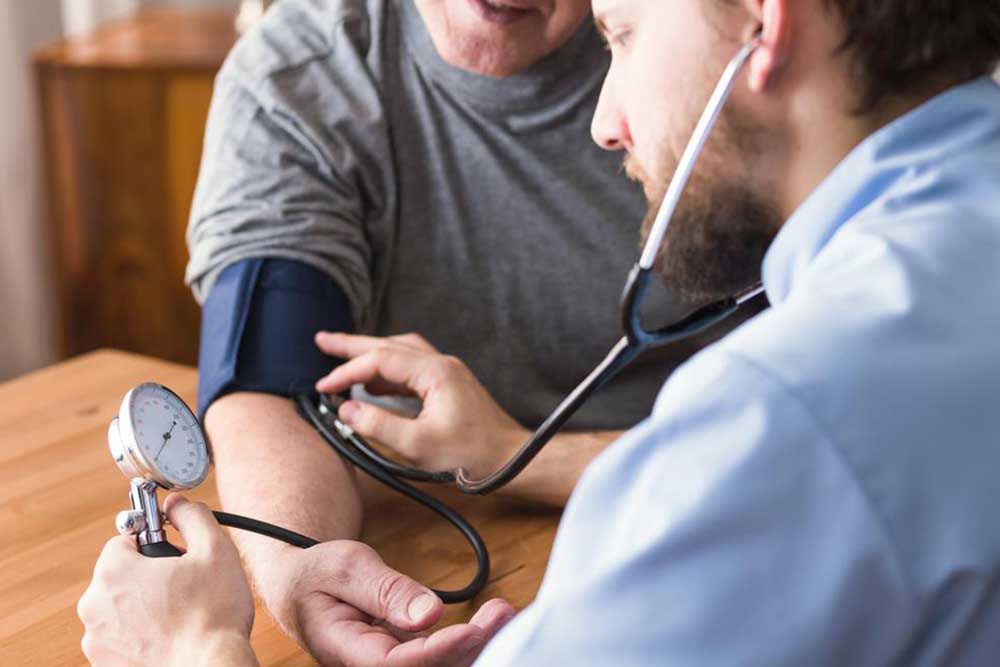
High blood pressure, known medically as hypertension, is a condition where the force of blood against arterial walls exceeds normal levels. It impacts millions worldwide and can affect people of all ages, including teens and children. Often symptomless in early stages, it's crucial to monitor blood pressure regularly for detection. Normal readings are around 120/80 mmHg, with higher values indicating hypertension. If left uncontrolled, it raises the risk of severe health problems. Hypertension develops gradually and can be primary or secondary in origin.
Primary hypertension is common and arises without a specific cause, while secondary hypertension results from other health issues. Lifestyle factors such as stress, inactivity, smoking, and alcohol use contribute to its development.
Symptoms are subtle but important to notice. These include intense headaches, fatigue, confusion, anxiety, vision disturbances, irregular heartbeat, shortness of breath, chest pain, blood in urine, and pulsations in ears, neck, or chest. During hypertensive crises, symptoms like dizziness, nosebleeds, or dull headaches may appear and require urgent medical care. Regular blood pressure checks are essential, especially if there's a family history of heart disease, as hypertension is often called the silent killer due to its asymptomatic nature.
Headaches
Fatigue and mental confusion
Eye issues
Irregular heartbeat
Breathing difficulty and chest discomfort
Note: Our articles aim to provide useful information. However, they are not substitutes for professional medical advice. Regular check-ups and consultation with healthcare providers are recommended for diagnosis and treatment of hypertension.

